Designing a New Type of Journal Metric
At the Researcher to Reader conference, a volunteer project called Project Cupcake was launched to define a new suite of indicators to help researchers judge publishers, rather than the other way around.

Send us a link
At the Researcher to Reader conference, a volunteer project called Project Cupcake was launched to define a new suite of indicators to help researchers judge publishers, rather than the other way around.

Charlie Rapple highlights the case of Diego Gómez, a Columbian researcher facing prison for sharing someone else's thesis via Scribd.

A brief summary of the main citation indicators used today.
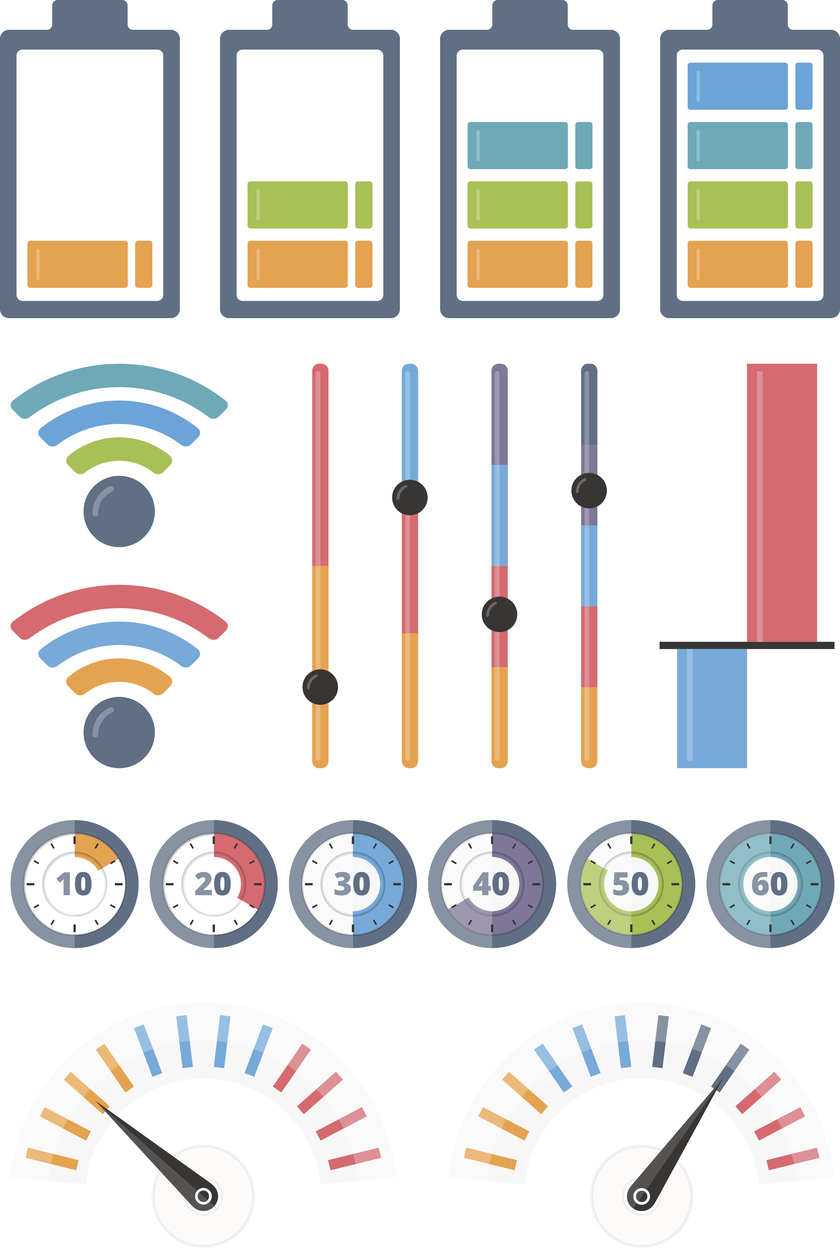
The STM Association Future Labs Committee explores the technology trends that will impact scholarly publishing by 2021.
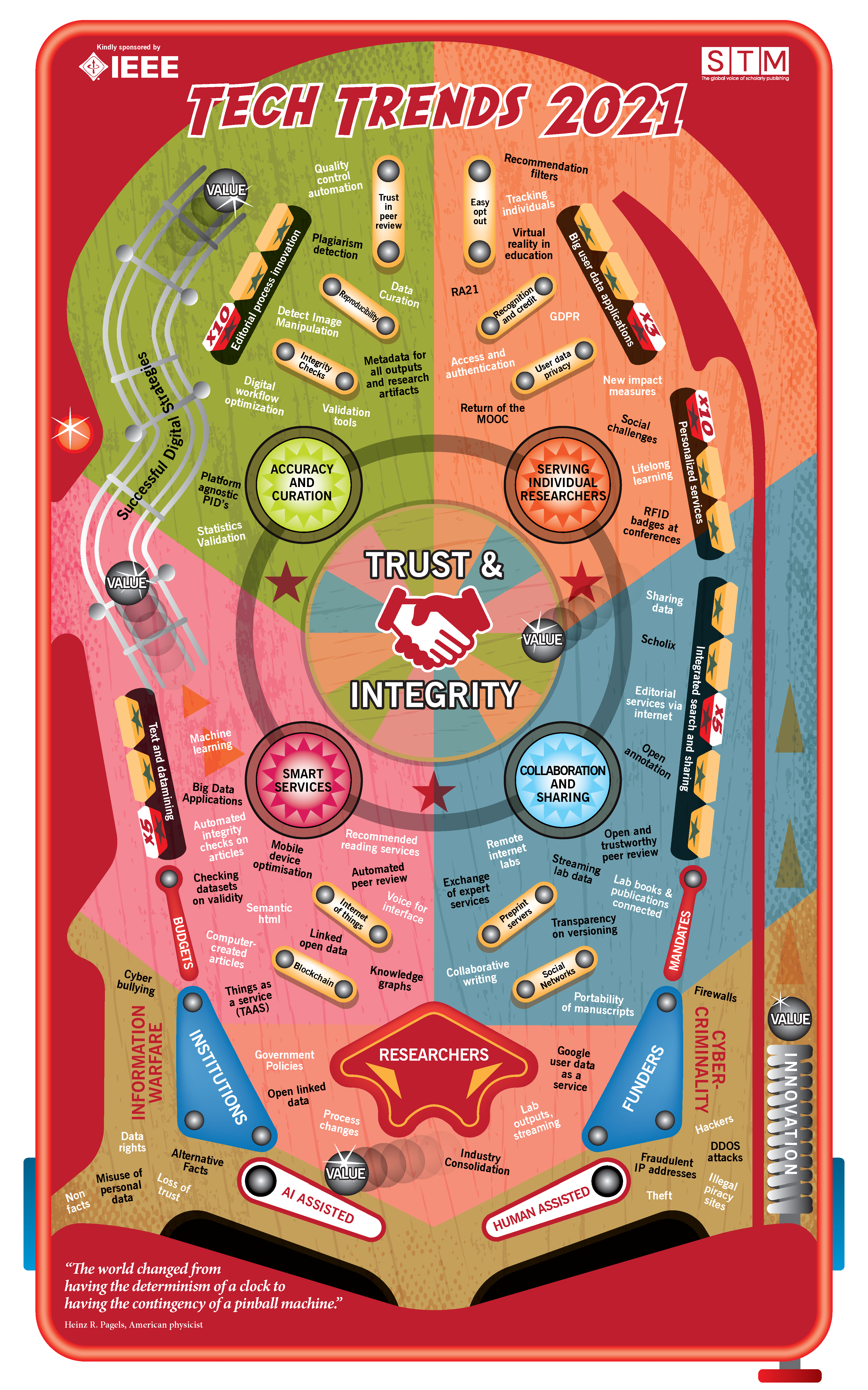
The editors of scholarly communications are under considerable pressure as recent trends in Gold Open Access characterize them as a luxury of the past.

Getting researcher buy-in to new tools and systems can be challenging - even when those tools are intended to help free them of administrative burden.
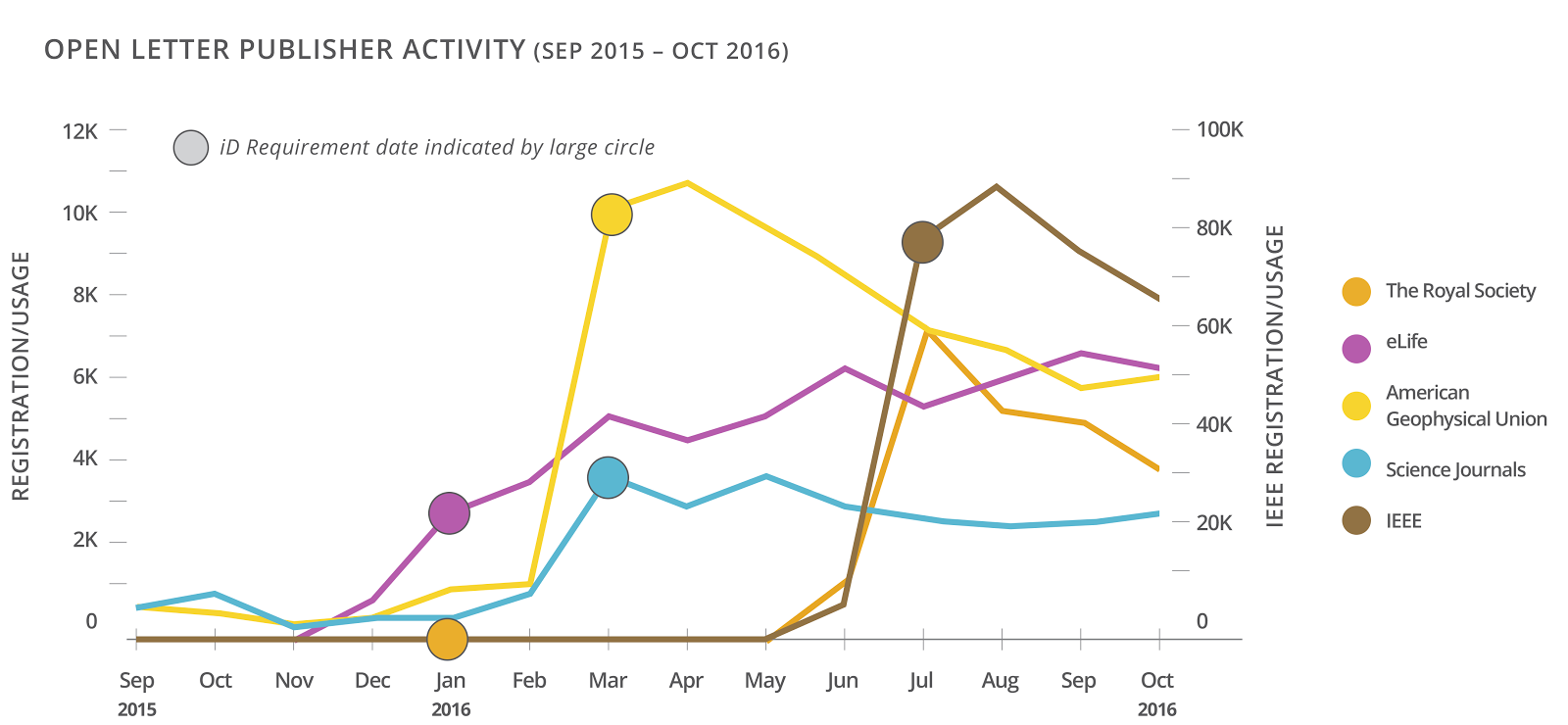
An overview of recent events and the current state of preprints in the scholarly communications landscape.
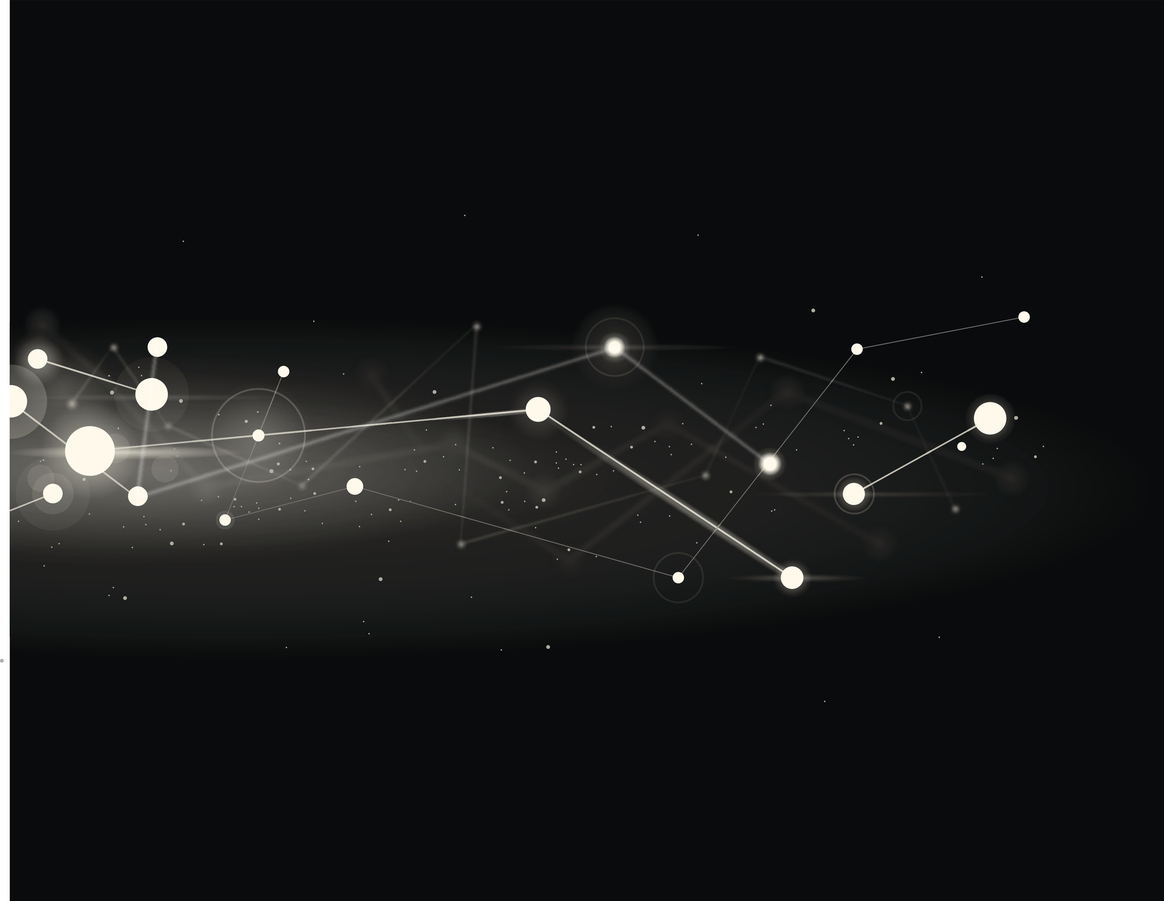
An extensive Survey of Peer Review Guidelines.

A new survey provides an updated view of how and why researchers are using scholarly collaboration networks.
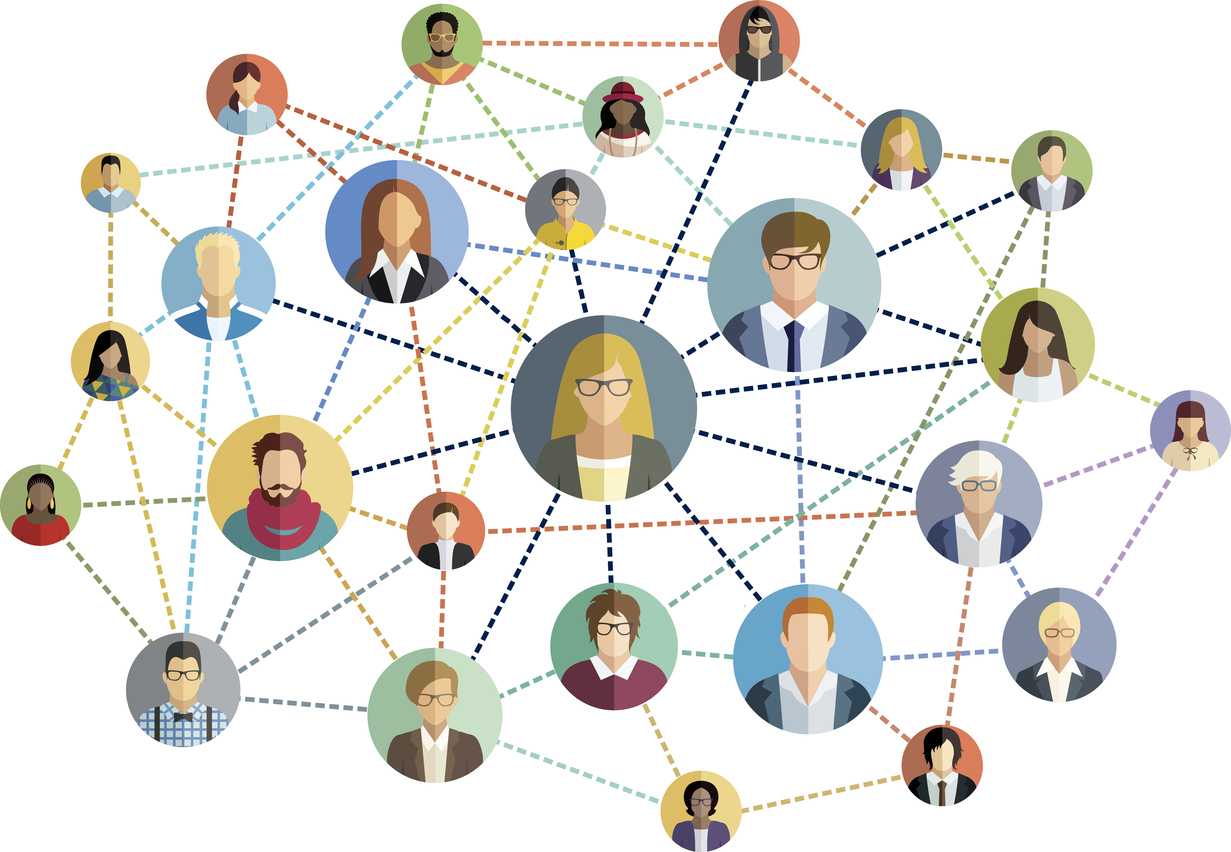
Does the closing of @AxiosReview portend the end of independent peer review, or just the wrong business model?

How much can a single editor distort the citation record? Investigation documents rogue editor's coercion of authors to cite his journal, papers.
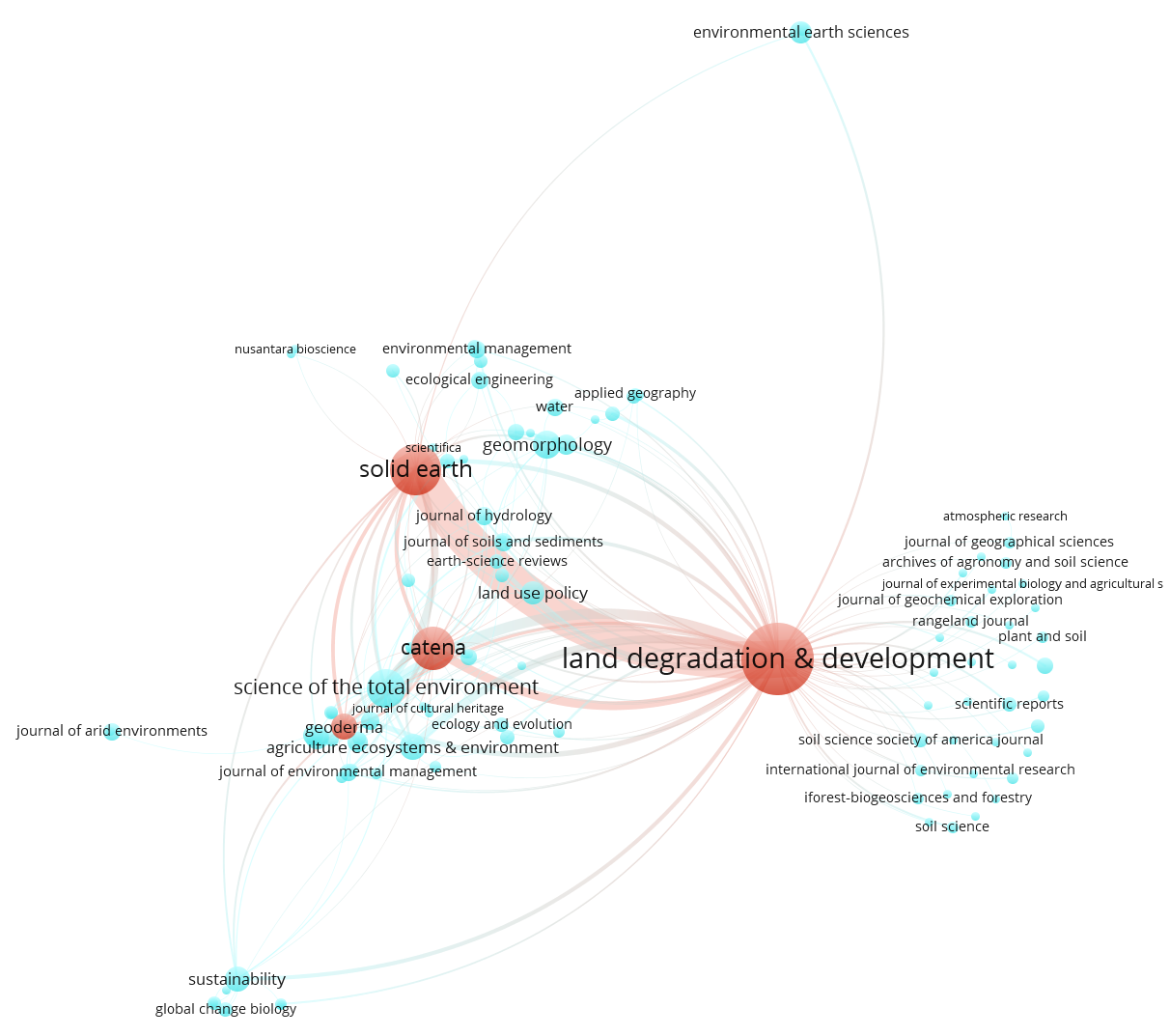
Several services attempt to gather up “all” of the content across publishers. This post provides an overview and taxonomy.
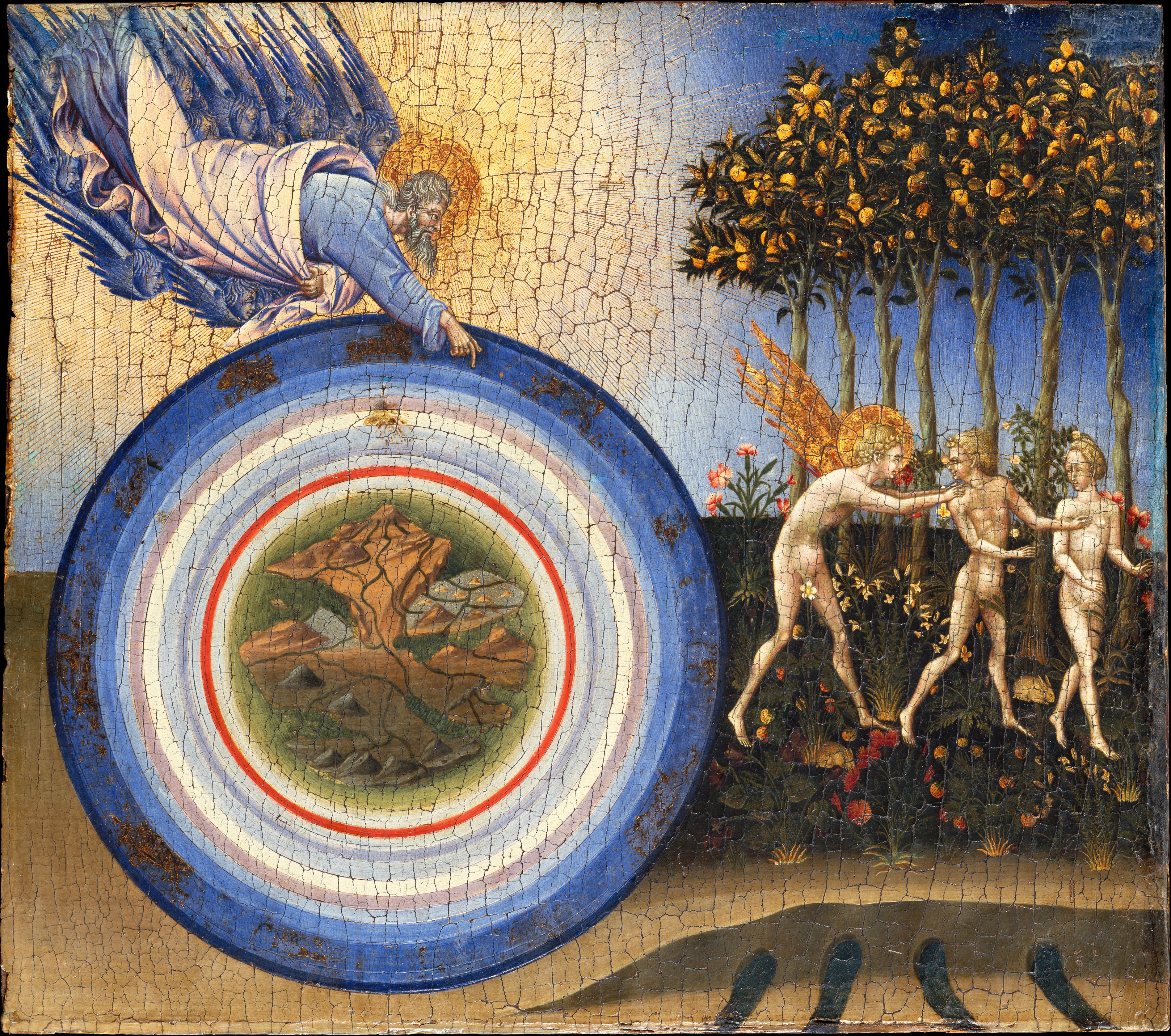
Authors want to know about citations, downloads, and impact metrics. This post reviews common metrics and explores the limitations inherent in each.

For publishers, this moment of political upheaval has the potential to allow them to reboot their fraught relationships with libraries, universities, and scientists.

Meta, a data science company, has been acquired by the Chan Zuckerberg Initiative, whose aim is to accelerate the pace of scientific advances.
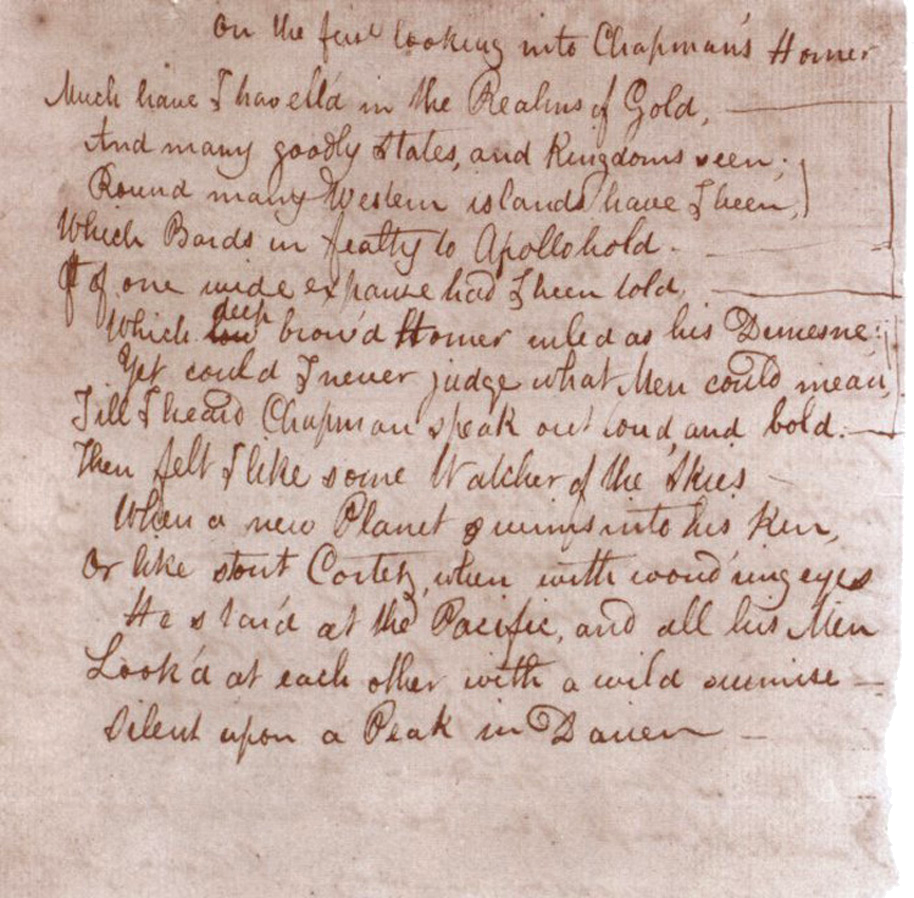
The real innovation of CiteScore is not another performance metric, but a new marketing model focused on editors.

PIDapalooza, the first ever festival of persistent identifiers, set out not only to bring together the creators and users of PIDs, but also to make PIDs cool.
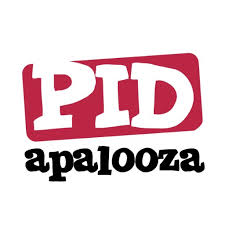
Researchers may publish their best work at any point in their careers, a new study reports. This is not the same as success being the result of random forces or just plain “dumb luck.”
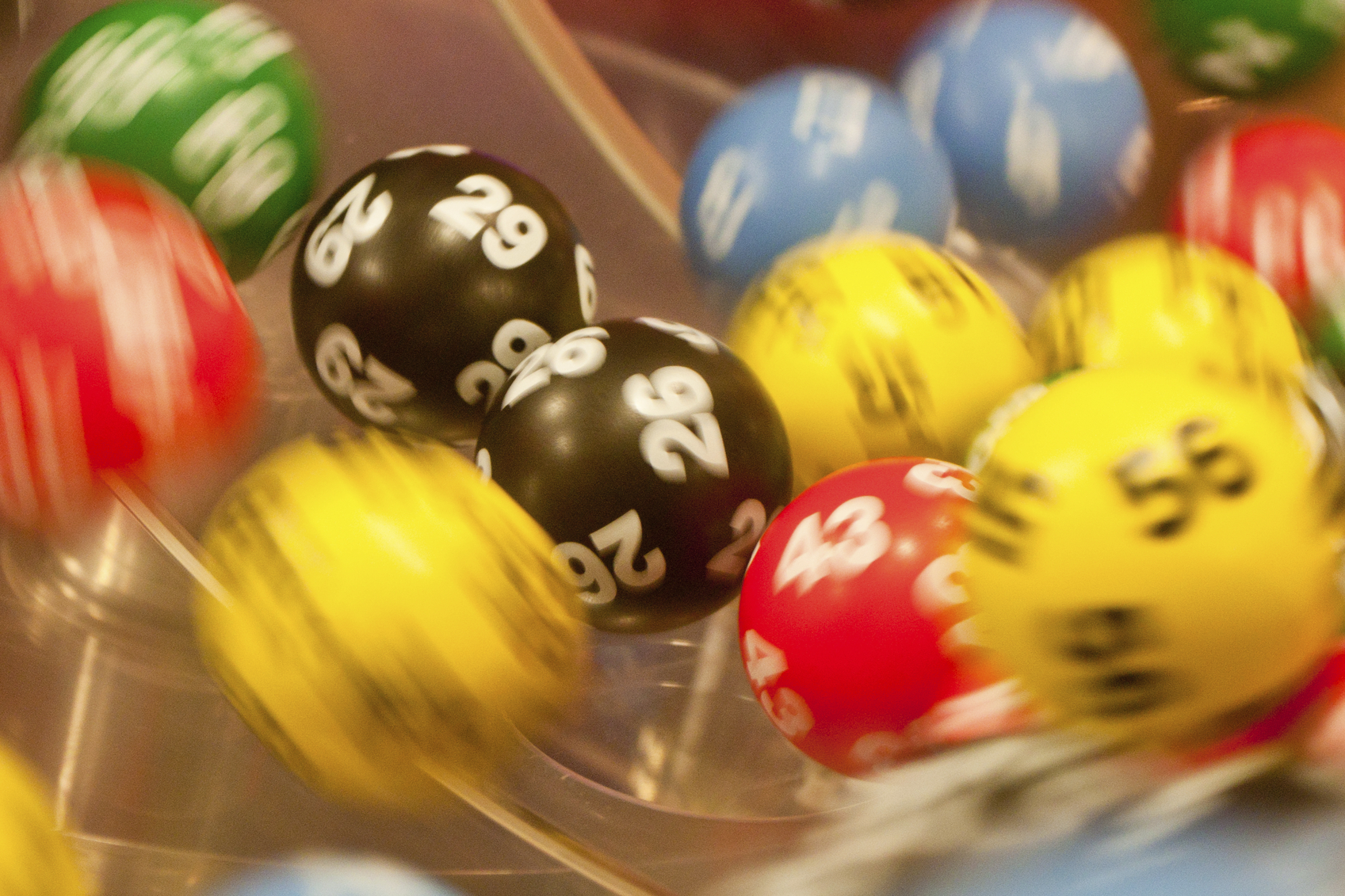
An interactive visualization of article publication data from the 2016 NSF Science & Engineering Report suggest discrepancies in the cultures of science around the world.
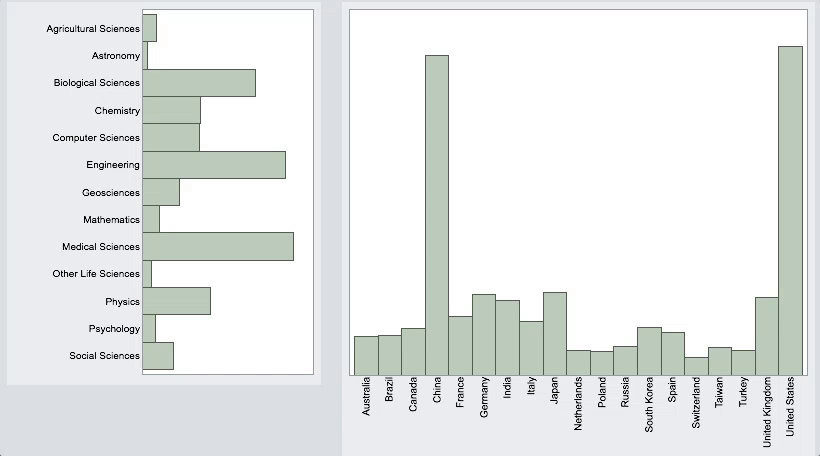
Are the Article Processing Charge (APC) levels set for high-end OA journals too low to be sustainable?
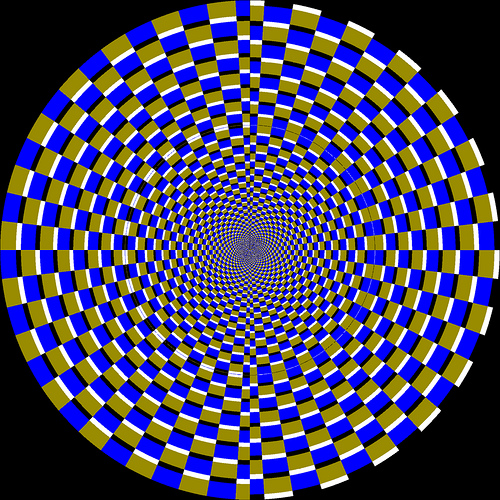
Citation network maps may indicate when gaming is taking place. Proving intention is a different story.
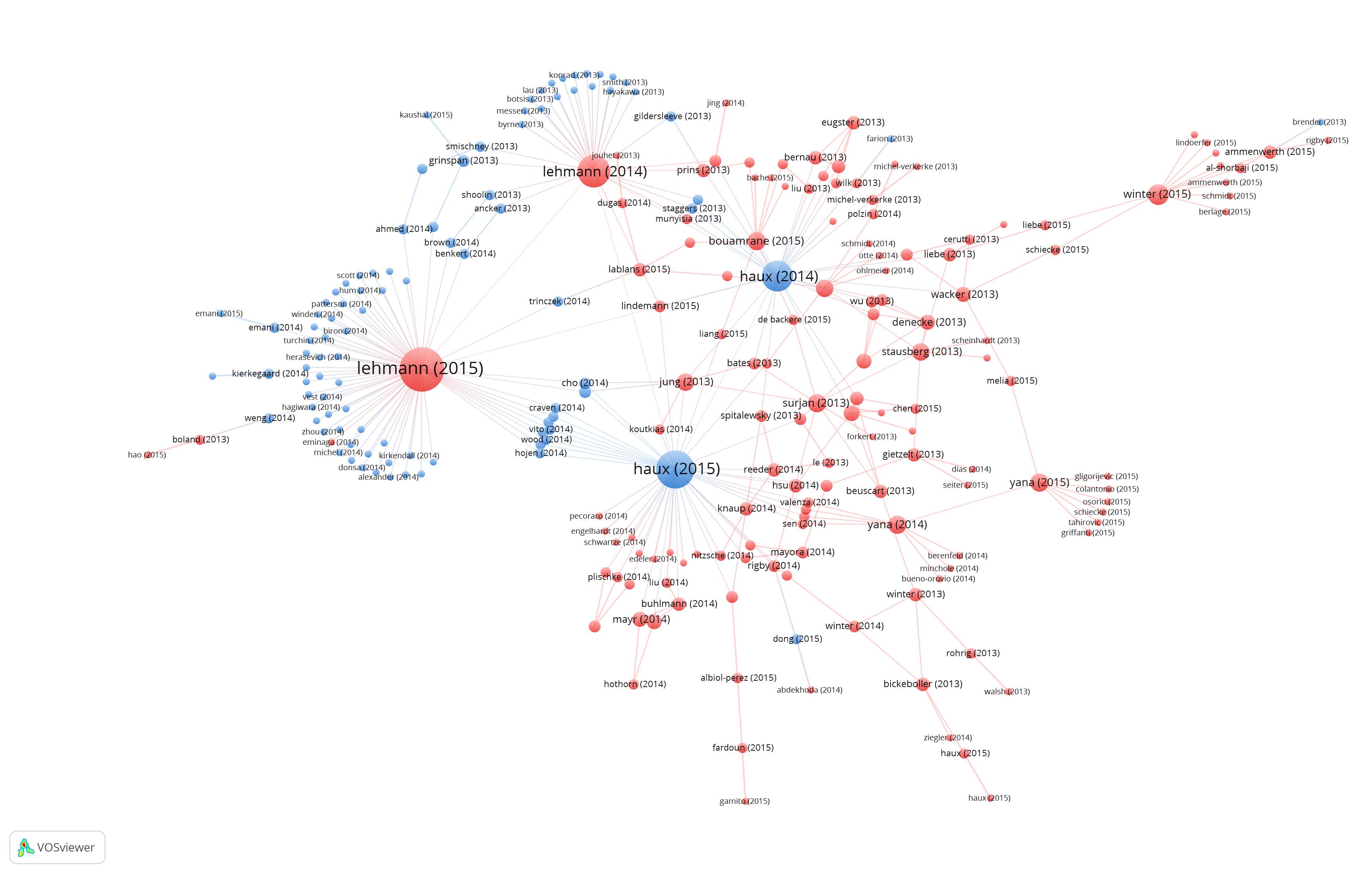
As we celebrate Peer Review Week, this post summarizes some of the reviewer preferences along with ways to boost recognition for peer review activities.
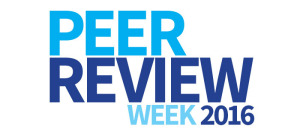
Looking forward to Peer Review Week, we asked the Chefs “What is the future of peer review?”

A new study from the University of California system confirms much of what we already knew about open access, particularly the increased financial burden it places on productive universities.
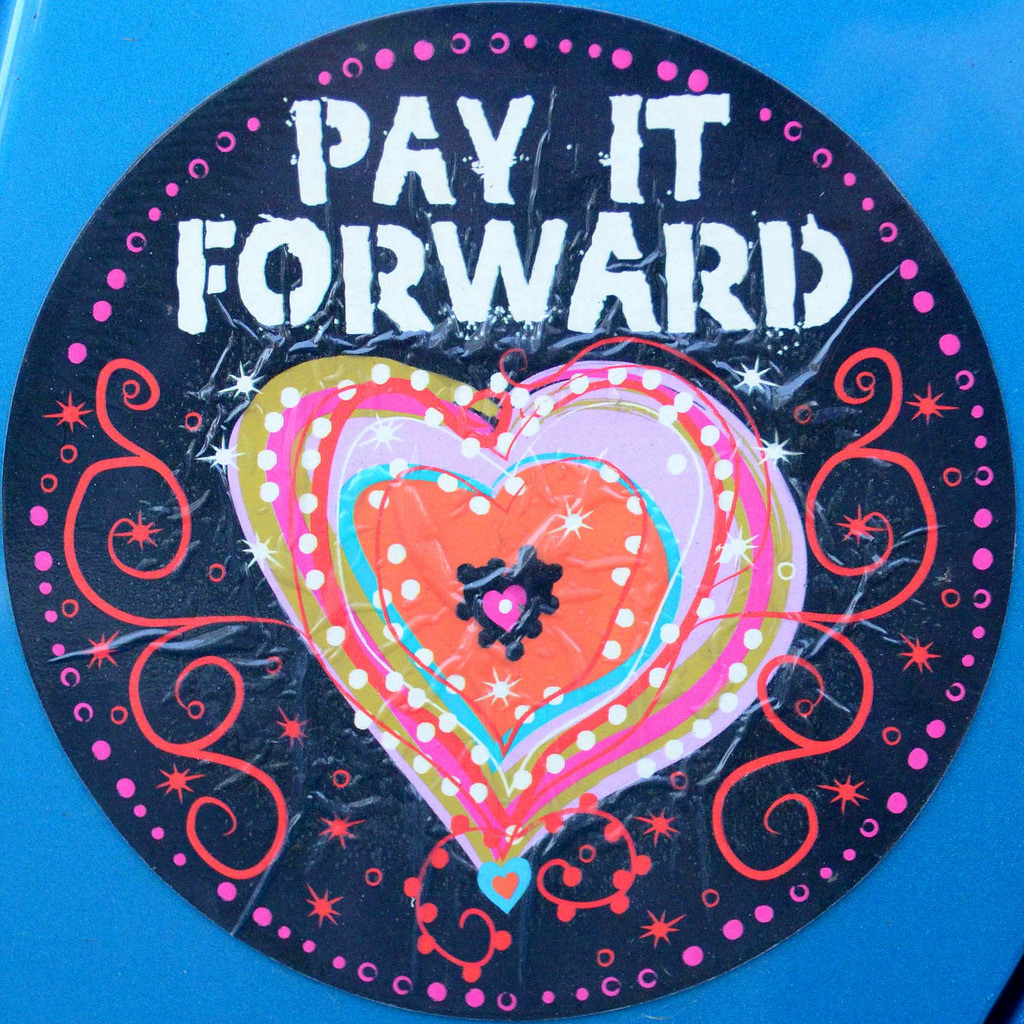
The much-maligned practice of “double-dipping,” in which a publisher received revenue from both subscriptions and APCs, is likely to remain with us for some time.

A new “papers service” for social science content was recently launched and is capitalizing on concerns over the sale of a long time preprint server by a commercial publisher.
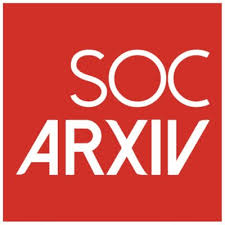
Why is it so frustrating and difficult to talk about scholarly-communication reform, and why do those conversations seem to involve virtually all members of the scholcomm ecosystem?

After hundreds of manipulated images were detected across 40 scientific journals, the real work will be to correct the scientific record.
